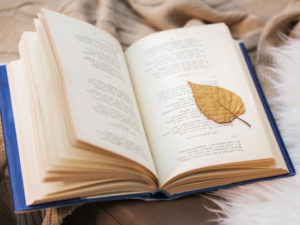
What is Poetry?
Prose Bewitched “Poetry is prose bewitched, a music made of visual thoughts, the sound of an idea.” – Mina Loy When I read Mina Loy’s description of poetry as “prose bewitched,” I felt like someone had captured the true essence of poetry for the first time. We often struggle to define abstract or obtuse concepts….Read More
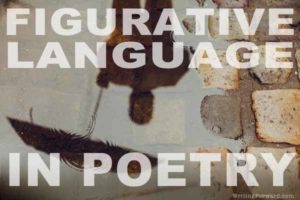
Figurative Language in Poetry Writing
What is figurative (as opposed to literal) language? Figurative language says one thing but means another. However, figurative language does not intend to deceive. There is an expectation that figurative language will be understood and correctly interpreted by the listener or reader. We get the term “figure of speech” from figurative language. In poetry, we…Read More
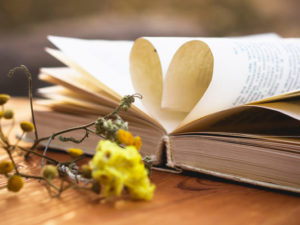
When Poets Don’t Read Poetry
I started writing poetry just after hitting my teens and quickly fell in love with the artistry, wordplay, and rhythmic challenge of crafting poems. A few years later, it occurred to me that I should be reading poetry, so I looked at a few books of poetry but found nothing that spoke to me. For…Read More
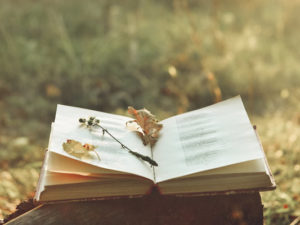
How to Publish Your Poetry
I don’t know about you, but I wrote poems for years before it ever occurred to me that I might want to publish them. My poetry wasn’t written for an audience or publication. It was personal self-expression. I often used poetry to explore ideas and experiment with language. It seems that this is not uncommon….Read More
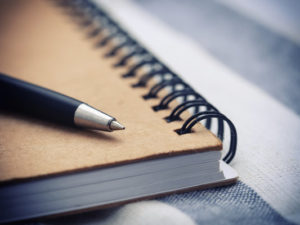
Reading, Writing, and Reviewing Good Poems
I’ve always loved writing poetry. It’s a highly artistic and expressive form of writing. Poems can be intellectual, emotional, or abstract. Poetry can feel like a snapshot of a moment in time, or it can feel like a riveting three-hour film. Every poem offers a unique perspective and experience. I believe that all poetry is…Read More
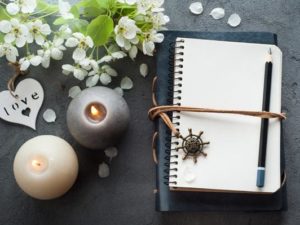
What is Free-Verse Poetry?
Most of my favorite poems are written in free verse, which means they do not fall under the constraints of form poetry. Not that I have anything against form poetry — it’s a lovely tradition, and I like reading and writing it — but not as much as I enjoy reading and writing free-verse poetry….Read More
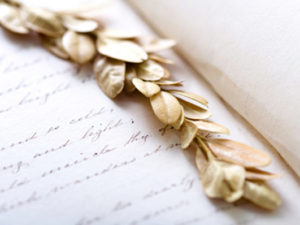
How to Start Writing Poetry
I occasionally receive an email or comment from someone who asks how to start writing poetry. These aspiring writers might have read some poetry, maybe even dabbled in writing it, but they feel disconnected from it. They want to write poems, but they’re not sure how to begin. Some are interested in producing publishable works;…Read More
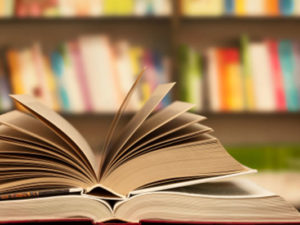
How to Learn Poetry
Art is often viewed as a fun and leisurely activity. This is partly due to the fact that creating and consuming art is, in fact, fun. The best stories and poems flow so naturally, so smoothly, that it’s almost impossible to imagine anyone laboring over their creation. Laypersons tend to assume that people just wave…Read More
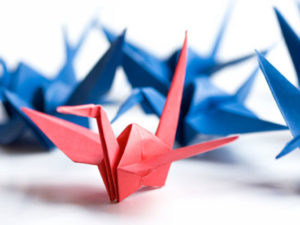
What Makes a Good Poem?
In the world of art and entertainment, everything is subjective. Millions of fans loved that blockbuster film that dominated theaters a couple of years ago, but maybe you found it lacking in substance. Maybe some of the great works of literature you were forced to read in school left you wondering why they were considered…Read More
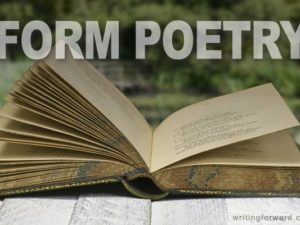
What is Form Poetry?
We can classify most poetry into two groups: form poetry and free verse. Free verse is a style of poetry that doesn’t adhere to any structure; the poet is free to write lines and stanzas of varying lengths and meter, with or without rhymes. Form poetry, on the other hand, adheres to a specific structure,…Read More



